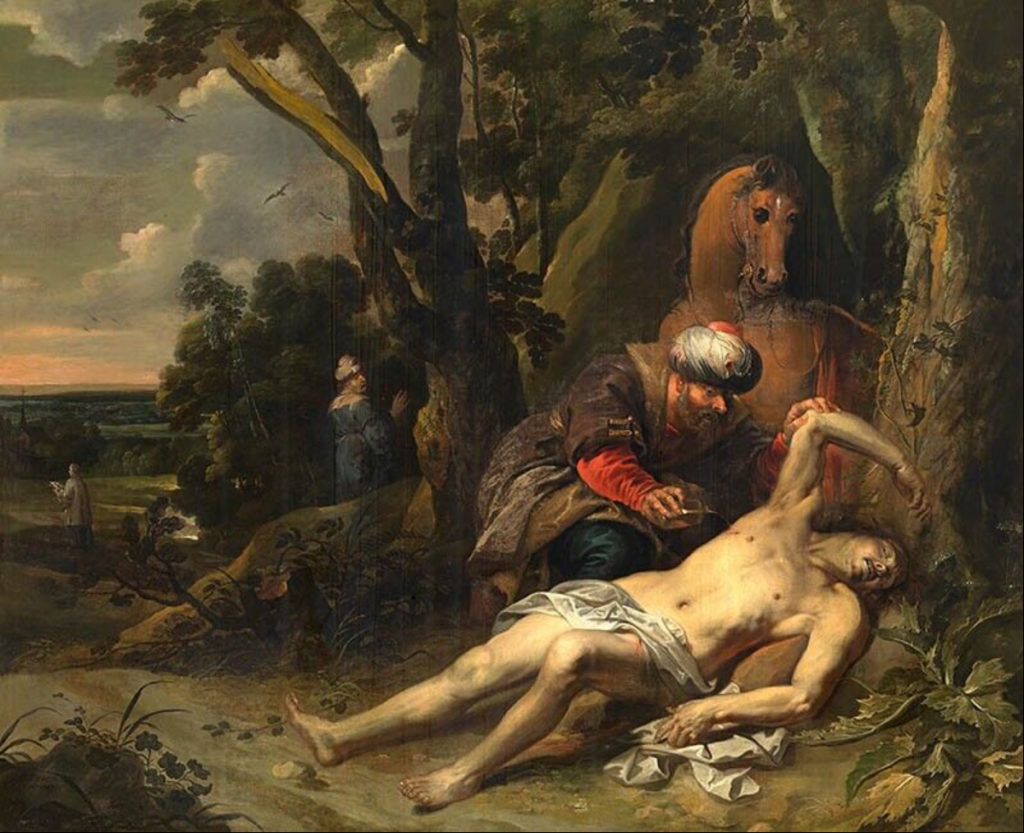
Henri de Lubac formulated the important principle, “Observe Origen at work,” and Origen’s writings on the Gospel of St. Luke are an intriguing place to do that. Origen’s interpretation of the Parable of the Good Samaritan begins with a paraphrase of an unnamed patristic writer:
One of the elders wanted to interpret the parable as follows. The man who was going down is Adam. Jerusalem is paradise, and Jericho is the world. The robbers are hostile powers. The priest is the Law, the Levite is the prophets, and the Samaritan is Christ. The wounds are disobedience, the beast is the Lord’s body, the pandochium (that is, the stable), which accepts all who wish to enter, is the Church. And further, the two denarii mean the Father and the Son. The manager of the stable is the head of the Church, to whom its care has been entrusted. And the fact that the Samaritan promises he will return represents the Savior’s second coming.
Origen – Homilies on Luke, Homily 34
After which he continues with his own reading of the parable, which builds on the paraphrased exegesis:
All of this has been said reasonably and beautifully. But we should not think that it applies to every man. For, not every man “goes down from Jerusalem into Jericho,” nor do all dwell in this present world for that reason, even if he who “was sent on account of the lost sheep of the house of Israel” went down. Hence, the man who “went down from Jerusalem into Jericho” “fell among robbers” because he himself wished to go down. But the robbers are none other than they of whom the Savior says, “All who came before me were thieves and robbers.” But still, he does not fall among thieves, but among robbers, who are far worse than thieves. He fell among them when he was going down from Jerusalem. “They robbed him and inflicted blows on him.” What are the blows? What are the wounds that have wounded a man? They are vices and sins. Then the robbers, who had stripped and wounded him, do not help the naked man, but they strike him again with blows and leave him. Hence, Scripture says, “They robbed him and inflicted wounds on him; and they went away and left him”—not dead, but “half-dead.” But it happened that first a priest, and then a Levite, were going down on the same road. Perhaps they had done some good to other men, but not to this man, who had gone down “from Jerusalem to Jericho.” For, the priest saw him—I think this means the Law. And the Levite saw him—that is, in my view, the prophetic word. When they had seen him, they passed by and left him. Providence was saving the half-dead man for him who was stronger than the Law and the prophets, namely for the Samaritan. The name means “guardian.” He is the one who “neither grows drowsy nor sleeps as he guards Israel.” On account of the half-dead man, this Samaritan set out not “from Jerusalem into Jericho,” like the priest and the Levite who went down. Or, if he did go down, he went down to rescue and care for the dying man. The Jews had said to him, “You are a Samaritan and you have a demon.” Though he denied having a demon, he was unwilling to deny that he was a Samaritan, for he knew that he was a guardian.
ibid
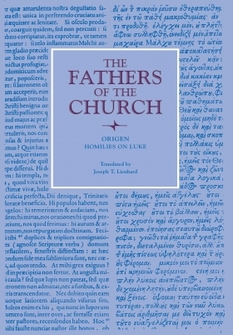

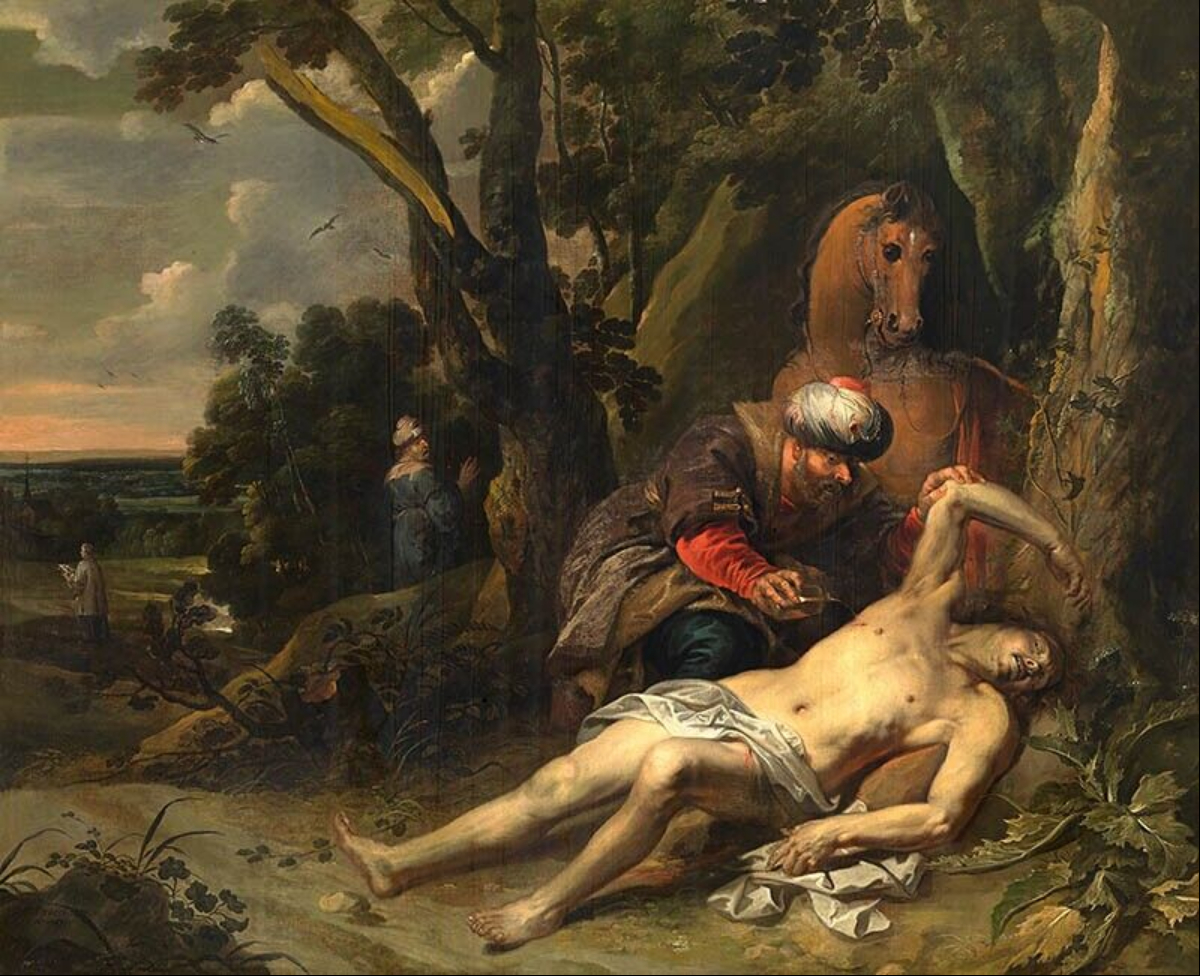

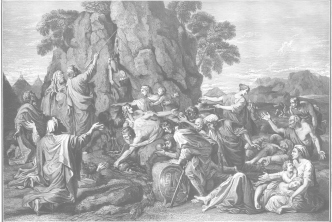
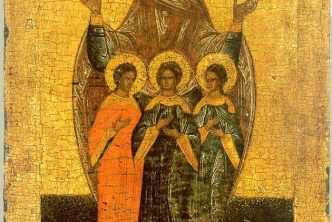
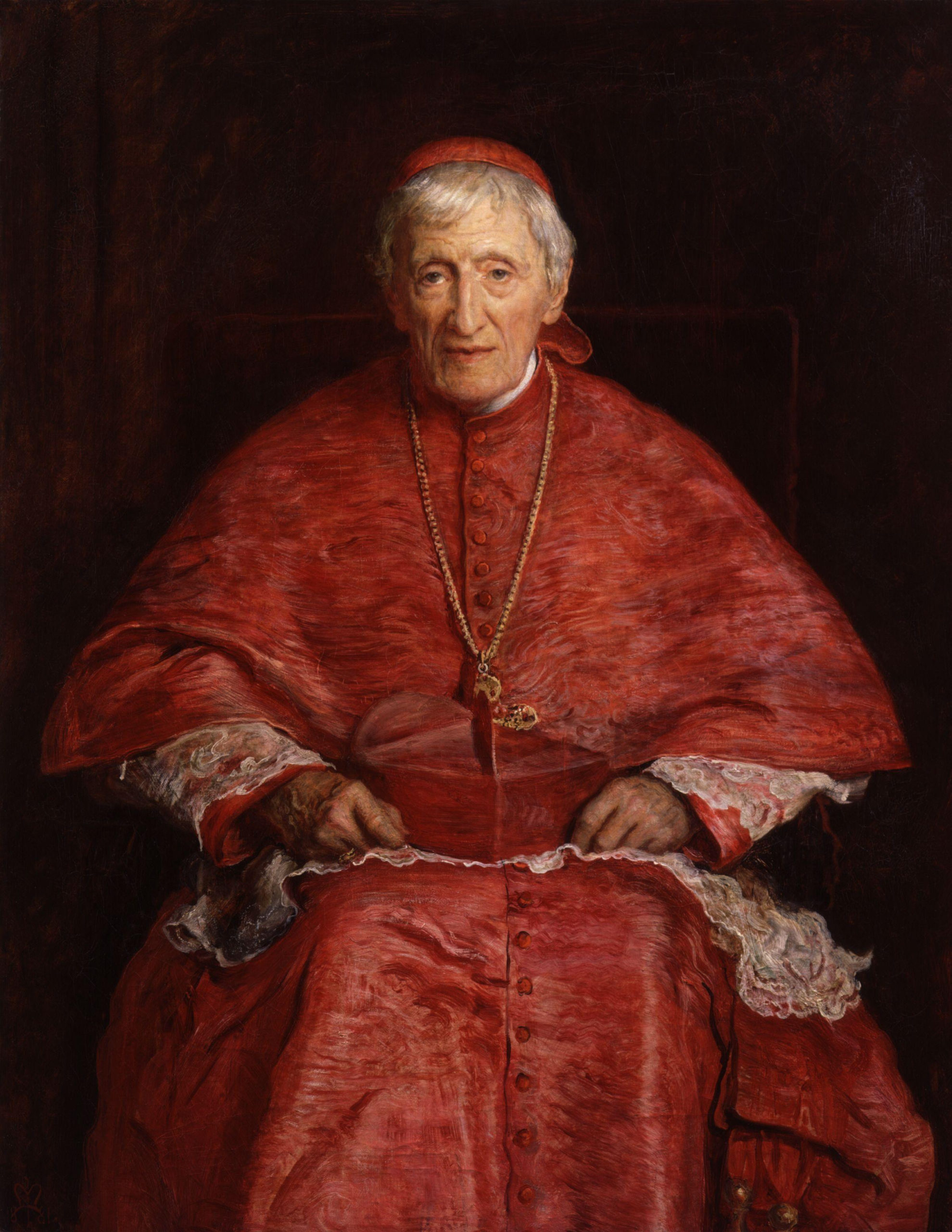
Origen died (c. 253) a century before St Jerome was born (c. 345), so how could Origen refer to or paraphrase Jerome?
Looking at the introduction to this book, Jerome translated Origen’s Homilies on Luke from Greek to Latin. This volume is a translation of Jerome’s Latin version.
A most embarrassing mistake! The post is updated.
We all make mistakes, me more than most. It doesn’t detract from the good excerpts you’ve chosen.